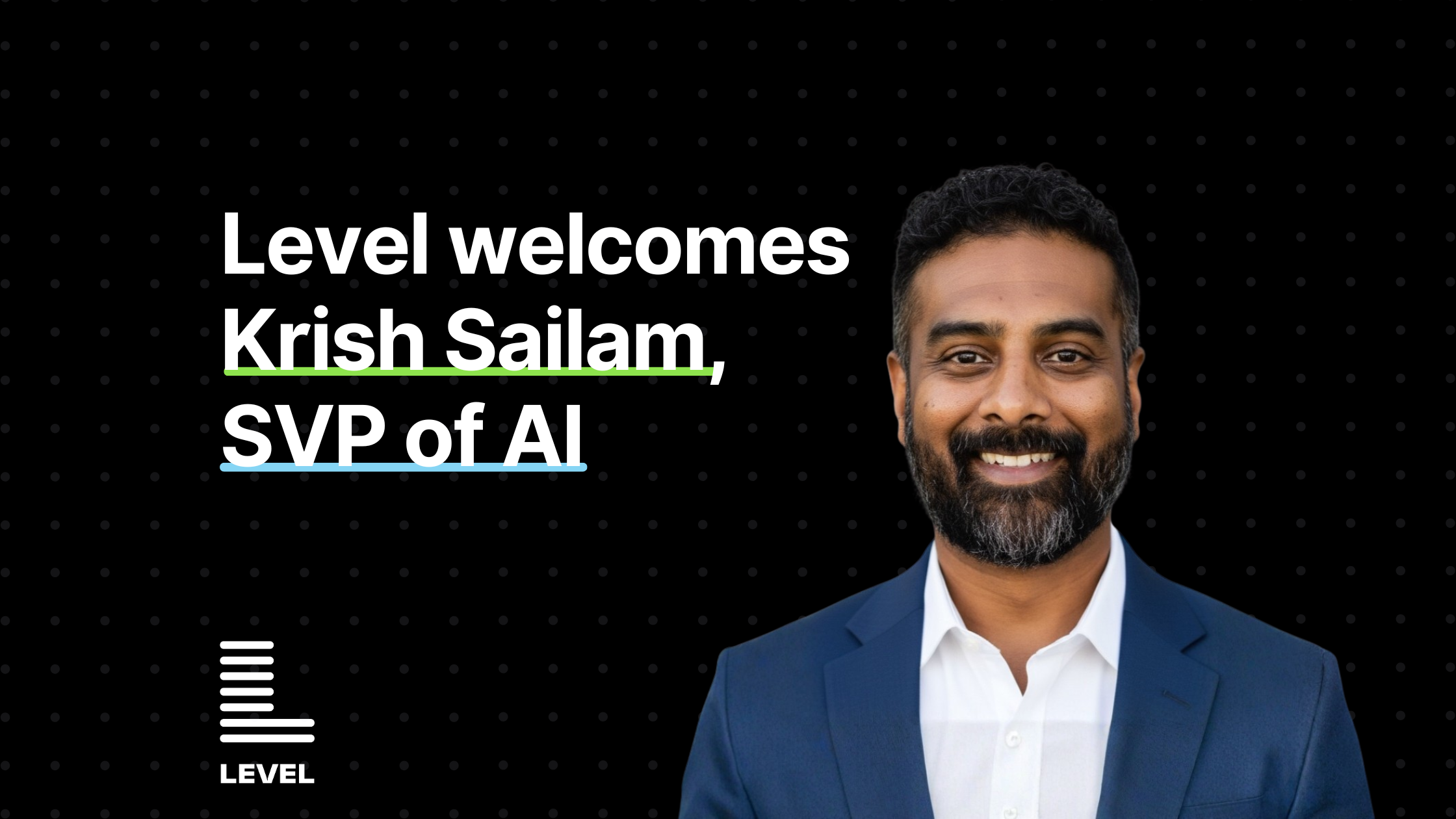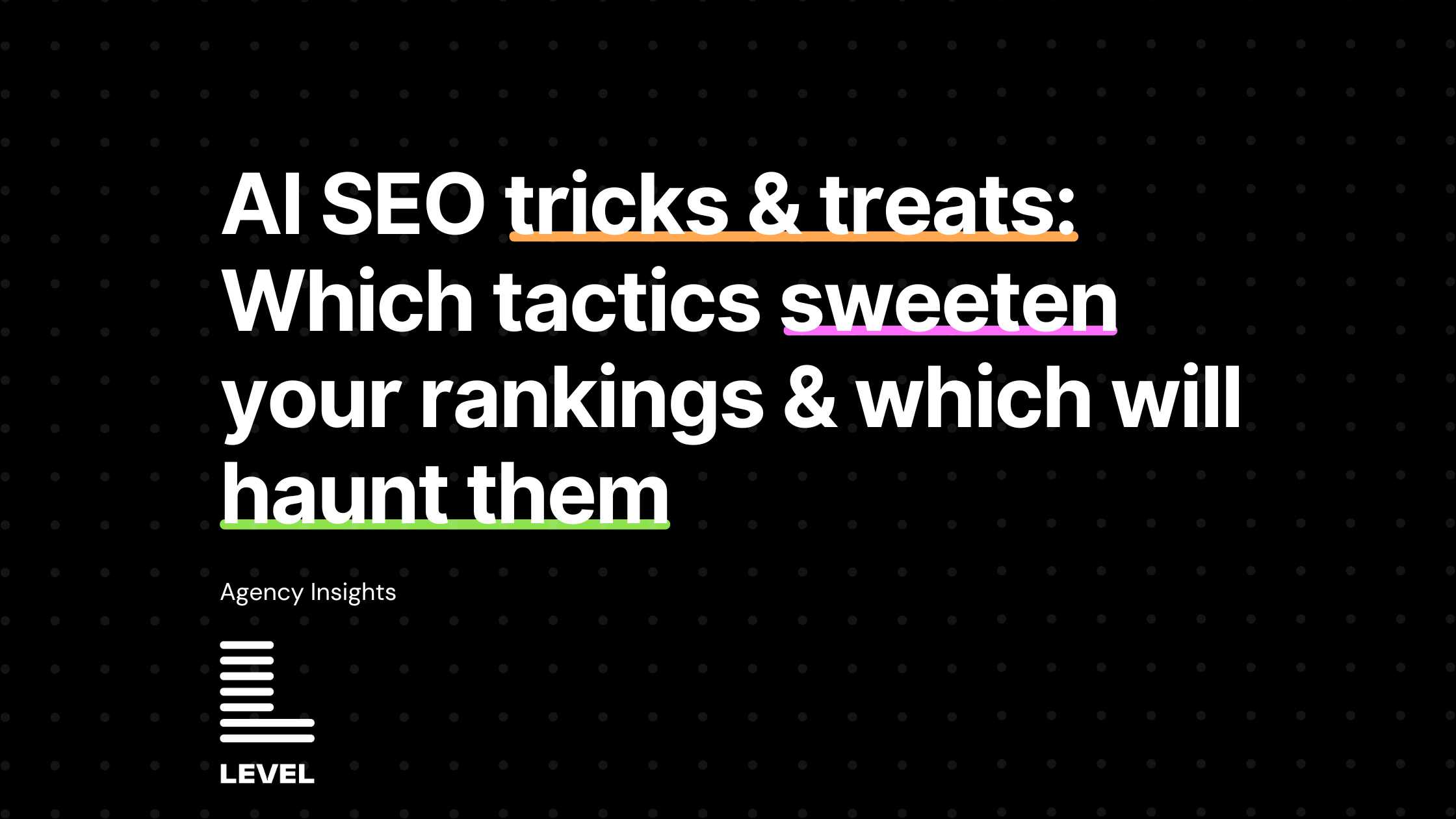Thriving in financial services marketing means mastering the delicate balance between compliance and driving measurable growth. Platforms like Google, Facebook, and others impose strict advertising restrictions on financial institutions, particularly around remarketing and uploading customer lists. While these rules aim to protect user privacy and ensure regulatory compliance, they can also create significant roadblocks for marketers striving to deliver personalized and effective campaigns.
For CMOs, CFOs, and other decision-makers, these limitations pose a critical question: How can financial services brands adapt and innovate to achieve marketing success while navigating these constraints?
The good news is that overcoming these challenges is possible. By leveraging advanced tools, creative strategies, and AI-driven solutions, financial services marketers can reach their target audiences effectively without violating platform policies.

The Challenge: In-Platform Restrictions
Financial services marketers face unique hurdles when trying to execute digital advertising campaigns. These challenges include:
- Restrictions on remarketing efforts due to the sensitive nature of financial data.
- Limitations on uploading customer lists, making it harder to personalize campaigns.
- Stringent compliance requirements, which can stifle creativity and agility.
- Reduced campaign flexibility, leading to difficulties in engaging the right audience at the right time.
Solutions: Navigating Restrictions with Innovation and AI
Leveraging Custom Intent Audiences
One way to combat restrictions on customer list uploads and remarketing is through custom intent audiences. These allow marketers to target users based on their online behaviors and interests.
- How it works: Platforms like Google analyze search terms, website visits, and content consumption to identify high-intent users.
- Role of AI: AI tools enhance this process by predicting which users are most likely to convert based on historical data, enabling highly targeted campaigns that comply with regulations.
Empowering Email Marketing with AI and CRM Integration
Email marketing, supported by CRM integration, is a powerful workaround:
- Personalized email journeys: Use AI-driven platforms to optimize content and send times.
- Example tools: Platforms like Seventh Sense analyze recipient behaviors to maximize engagement.
- Automated workflows: CRM systems such as Salesforce or HubSpot enable consistent, data-backed communication throughout the customer lifecycle.
The Power of PMAX Campaigns
Performance Max (PMAX) campaigns are particularly effective for financial brands seeking broad yet efficient reach.
- How it works: These campaigns leverage Google’s machine learning to optimize ad placement across Search, Display, YouTube, and more.
- Best practices: By setting clear goals and providing high-quality creative assets, financial marketers can dynamically adapt campaigns to user behavior.
- AI’s role: AI continuously analyzes performance, fine-tuning strategies in real time to maximize ROI.
Automation and Compliance Tools
Automation and AI are essential for addressing resource limitations and compliance challenges:
- Dynamic Creative Optimization (DCO): Automatically updates ads based on real-time market data.
- Compliance monitoring: Tools like OneTrust ensure regulatory adherence.
- Predictive analytics: Platforms such as Adobe Sensei provide actionable insights, helping marketers adjust proactively.
Aligning Marketing and Sales Efforts
To ensure seamless execution, financial brands must align marketing efforts with sales enablement:
- Detailed insights: AI-powered analytics offer real-time insights into lead behavior.
- Collaboration tools: Real-time notifications and shared data ensure cohesive customer experiences.
- Outcome: High-value leads are nurtured effectively, building trust and driving conversions.
Key Takeaways for Financial Services Leaders
Target with Precision: Use custom intent audiences and AI-driven targeting to connect with the right users without violating data privacy rules.
Engage Consistently: Leverage email marketing with AI and CRM integration for personalized and timely communication throughout the customer lifecycle.
Adapt Dynamically: Utilize PMAX campaigns and AI-driven tools to optimize performance and adjust campaigns in real-time for better results.
Leverage Teamwork: Foster collaboration between marketing and sales, supported by actionable AI insights, for effective lead nurturing and seamless follow-through.
Conclusion: Turning Limitations into Opportunities
By adopting these innovative approaches, financial services brands can transform platform limitations into opportunities. With a strategic blend of creativity, technology, and foresight, marketers can create campaigns that are not only compliant but also impactful—thriving in a competitive and regulated marketplace.








